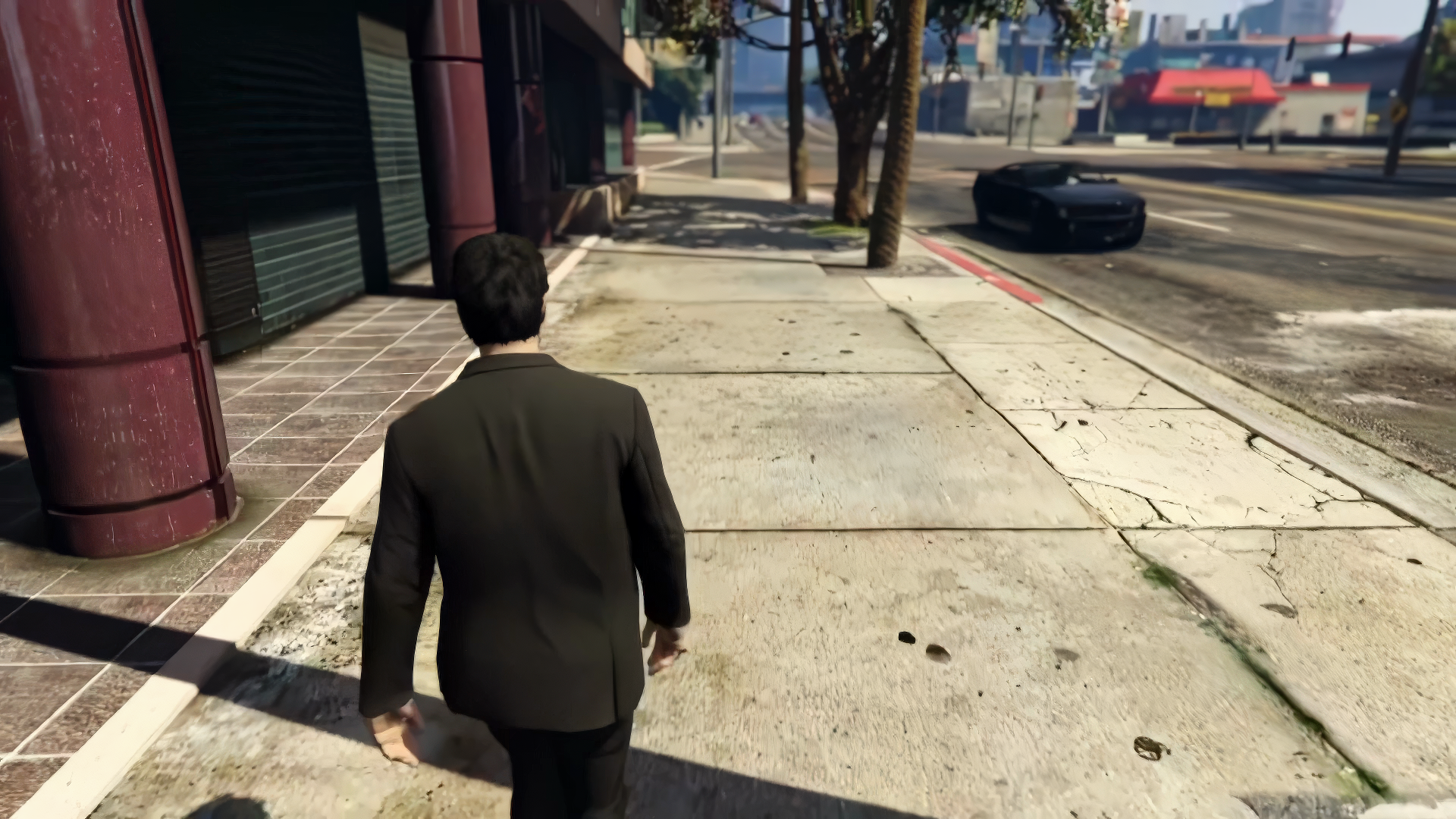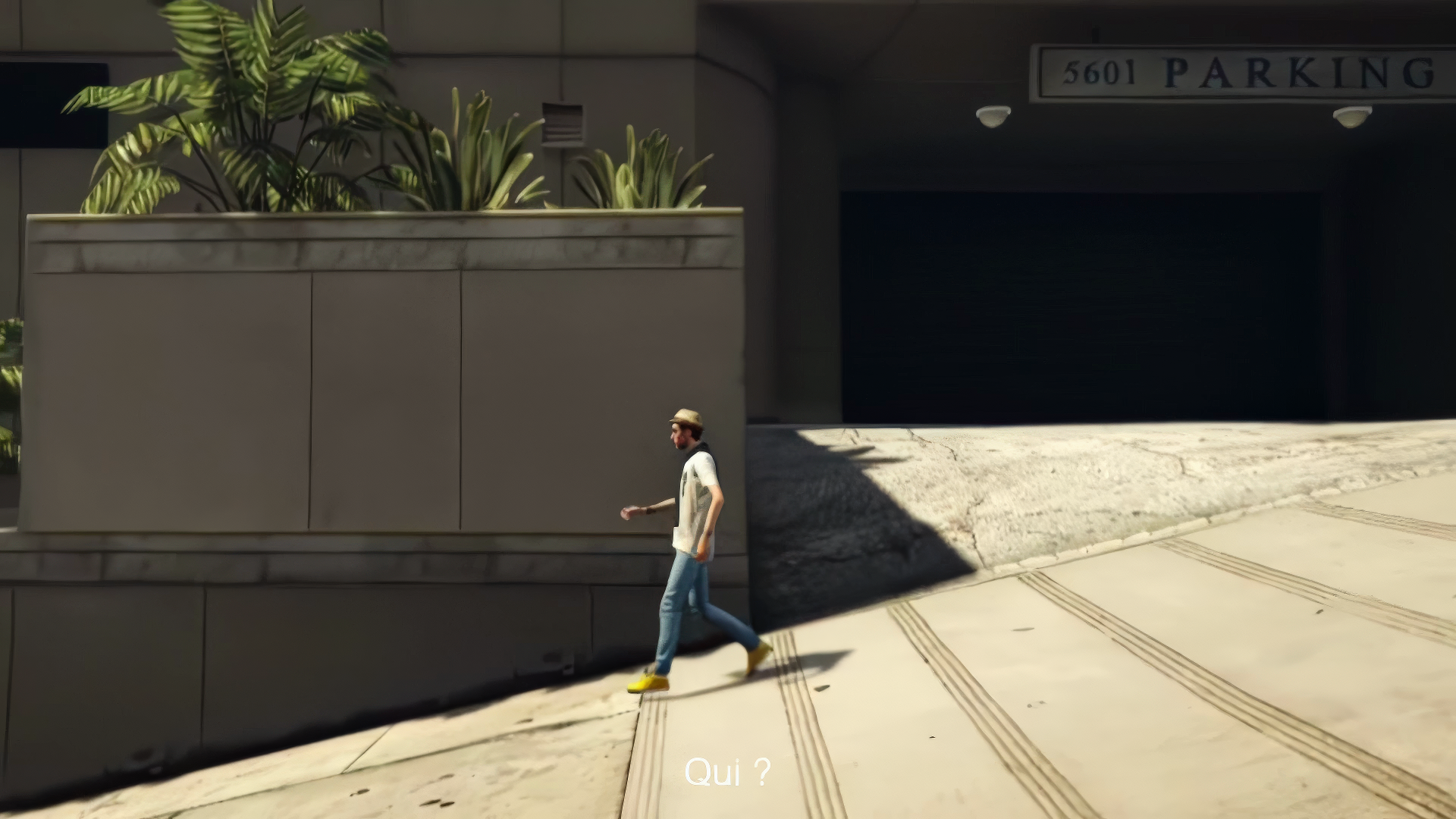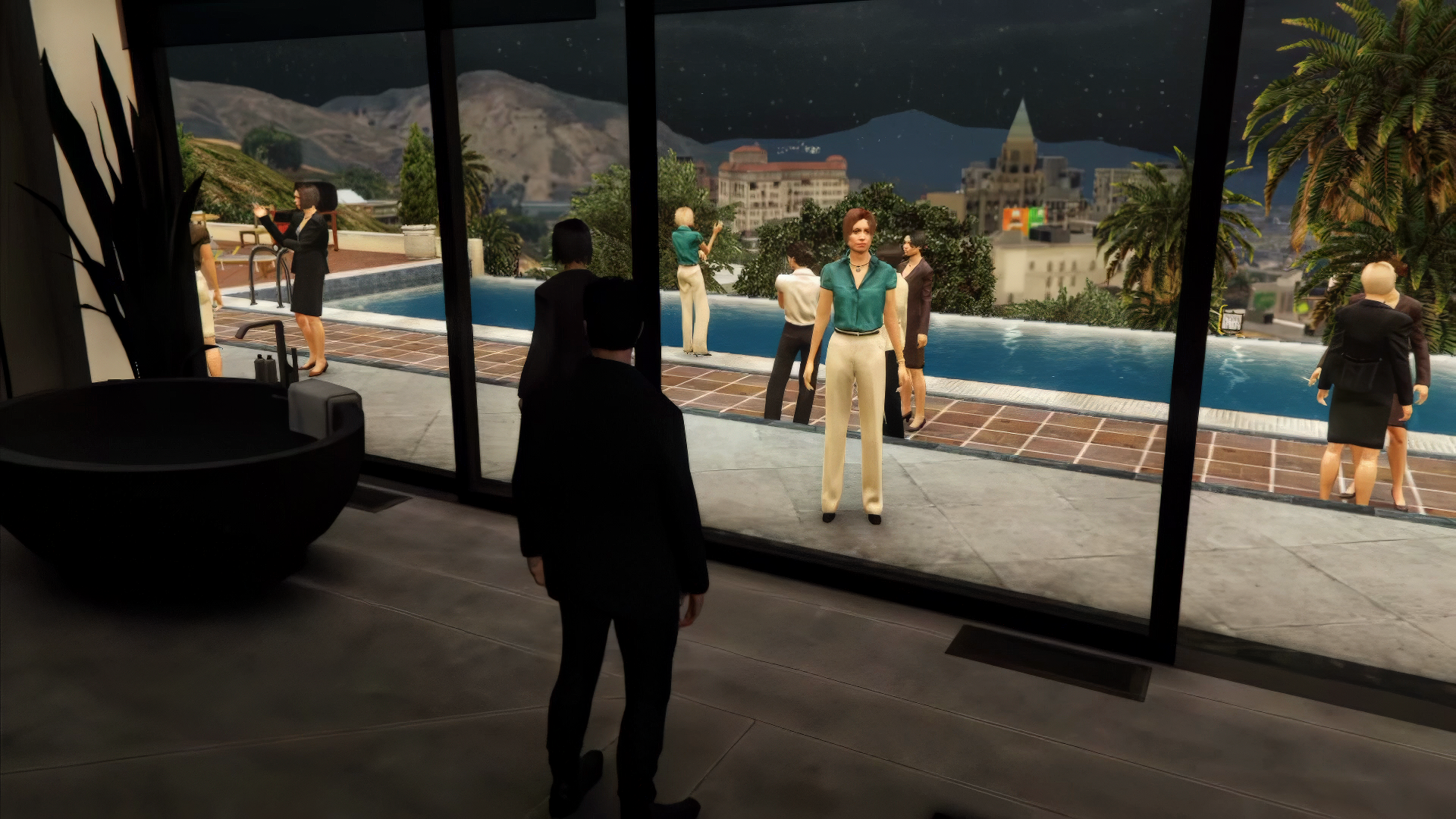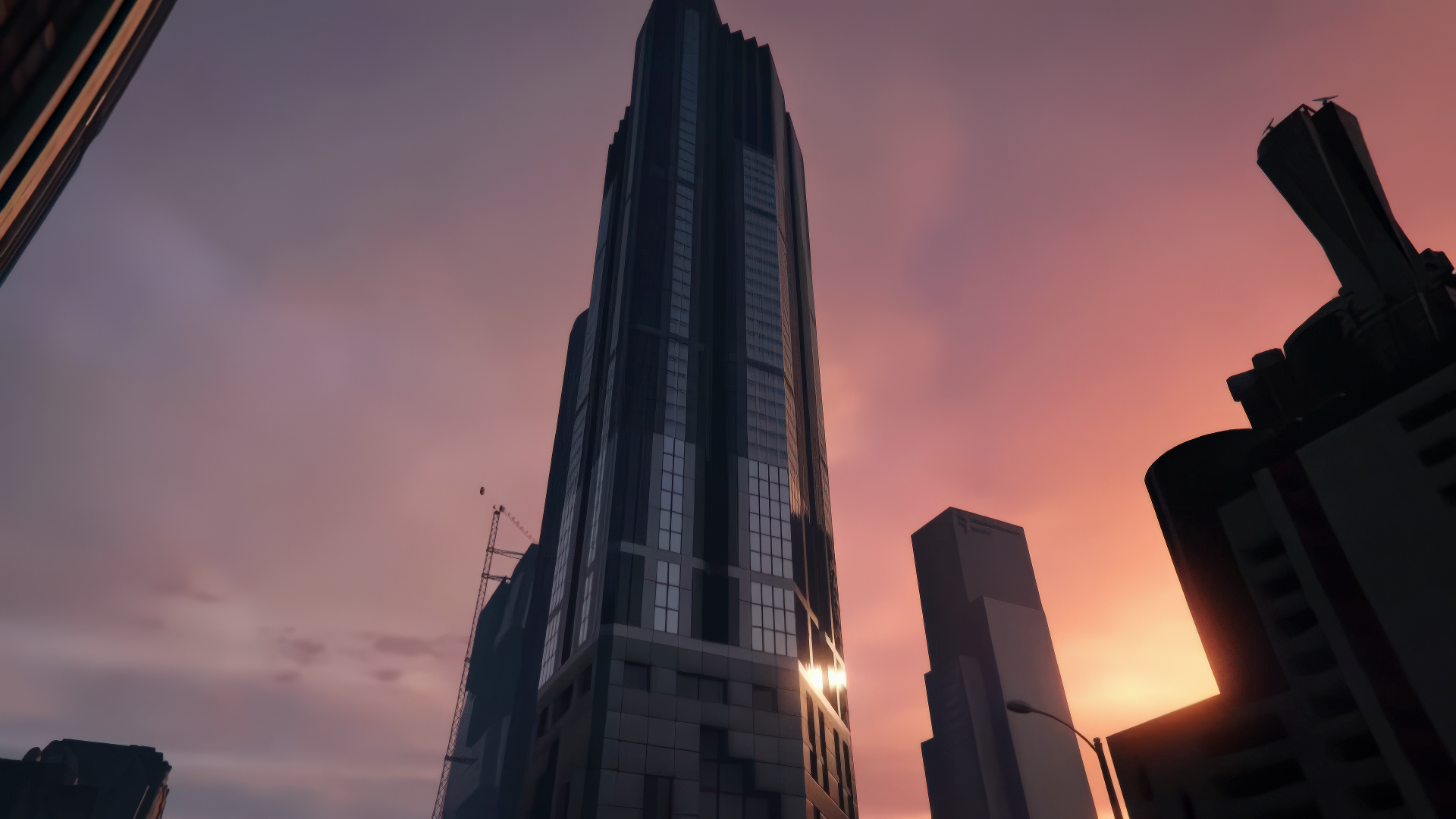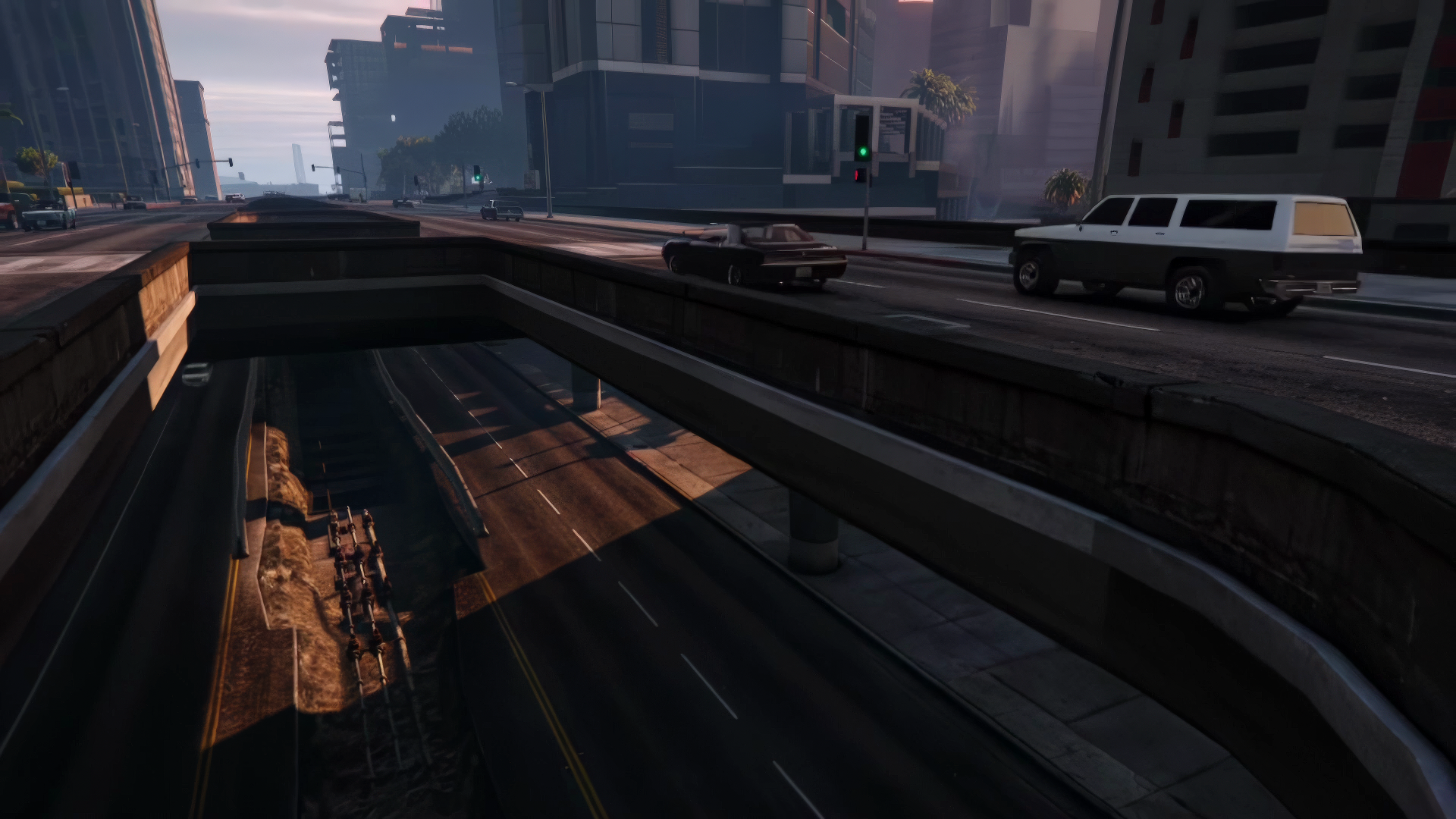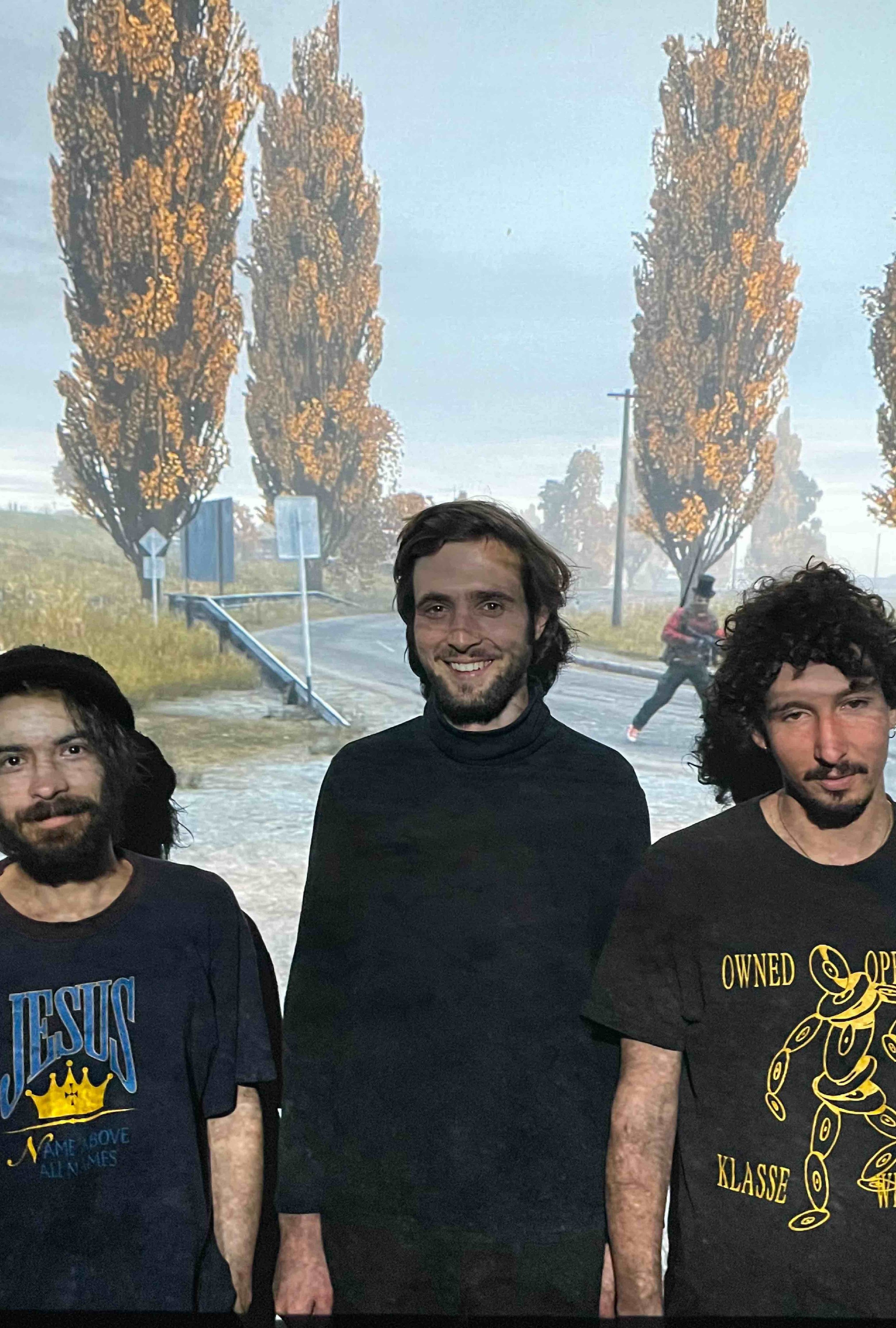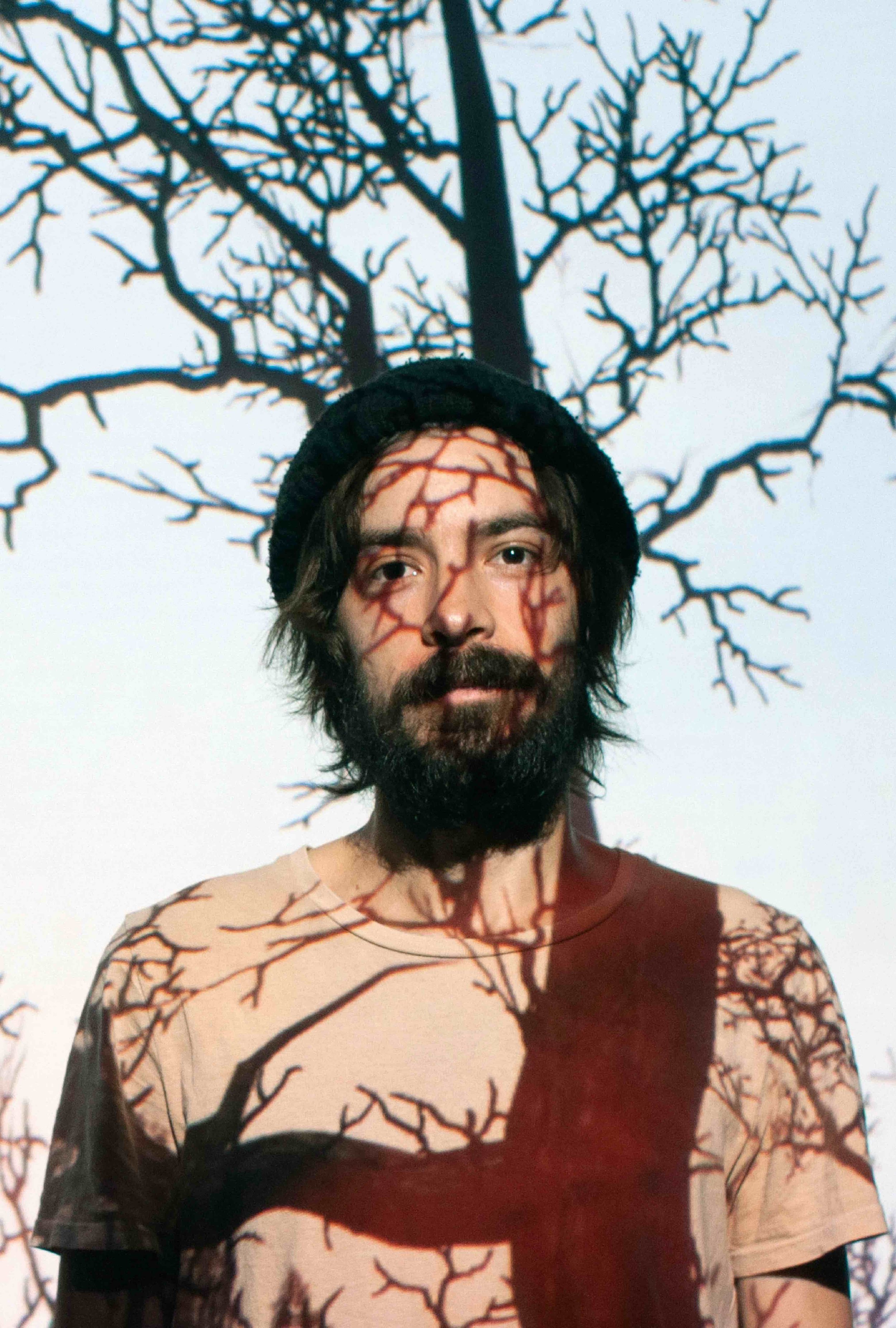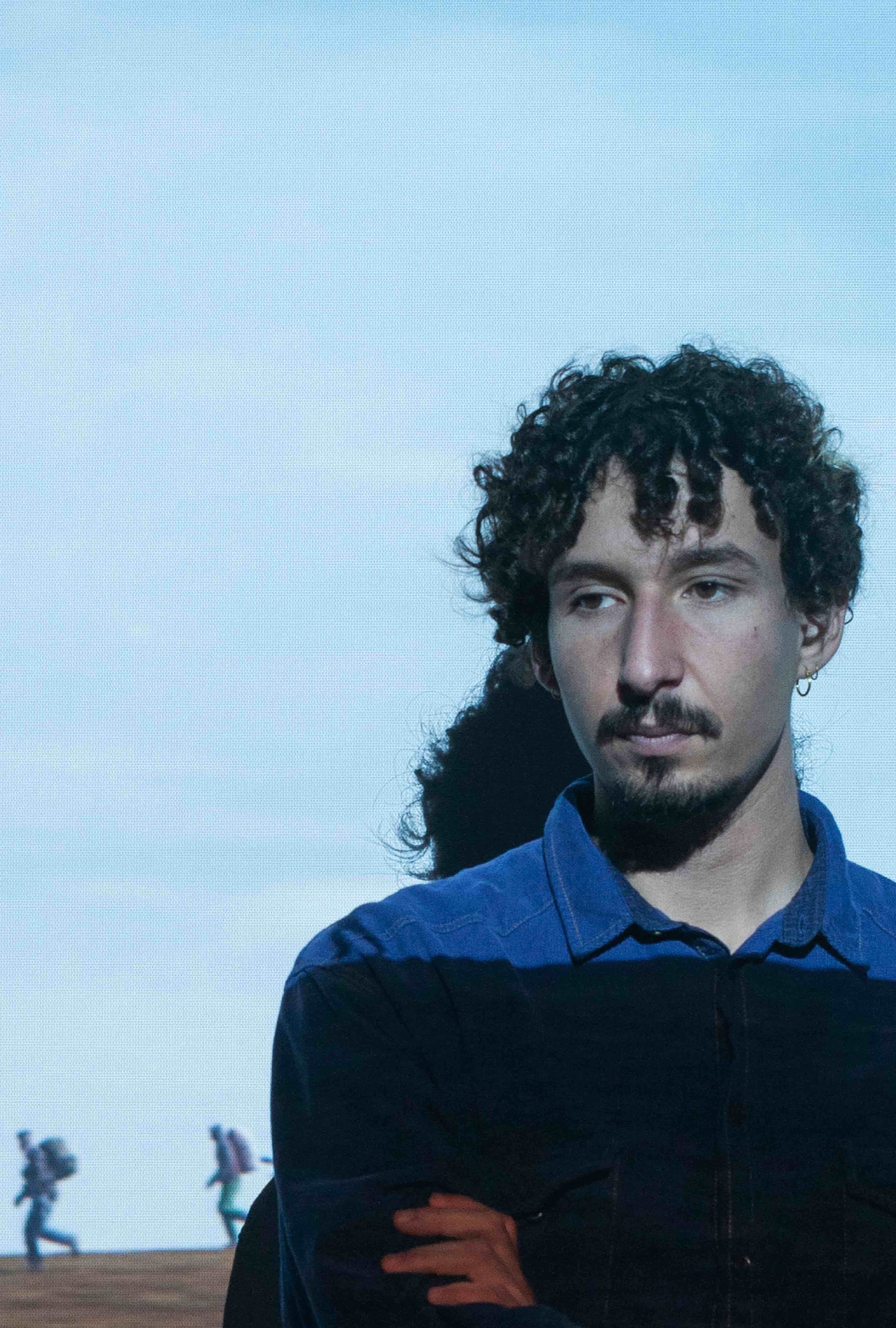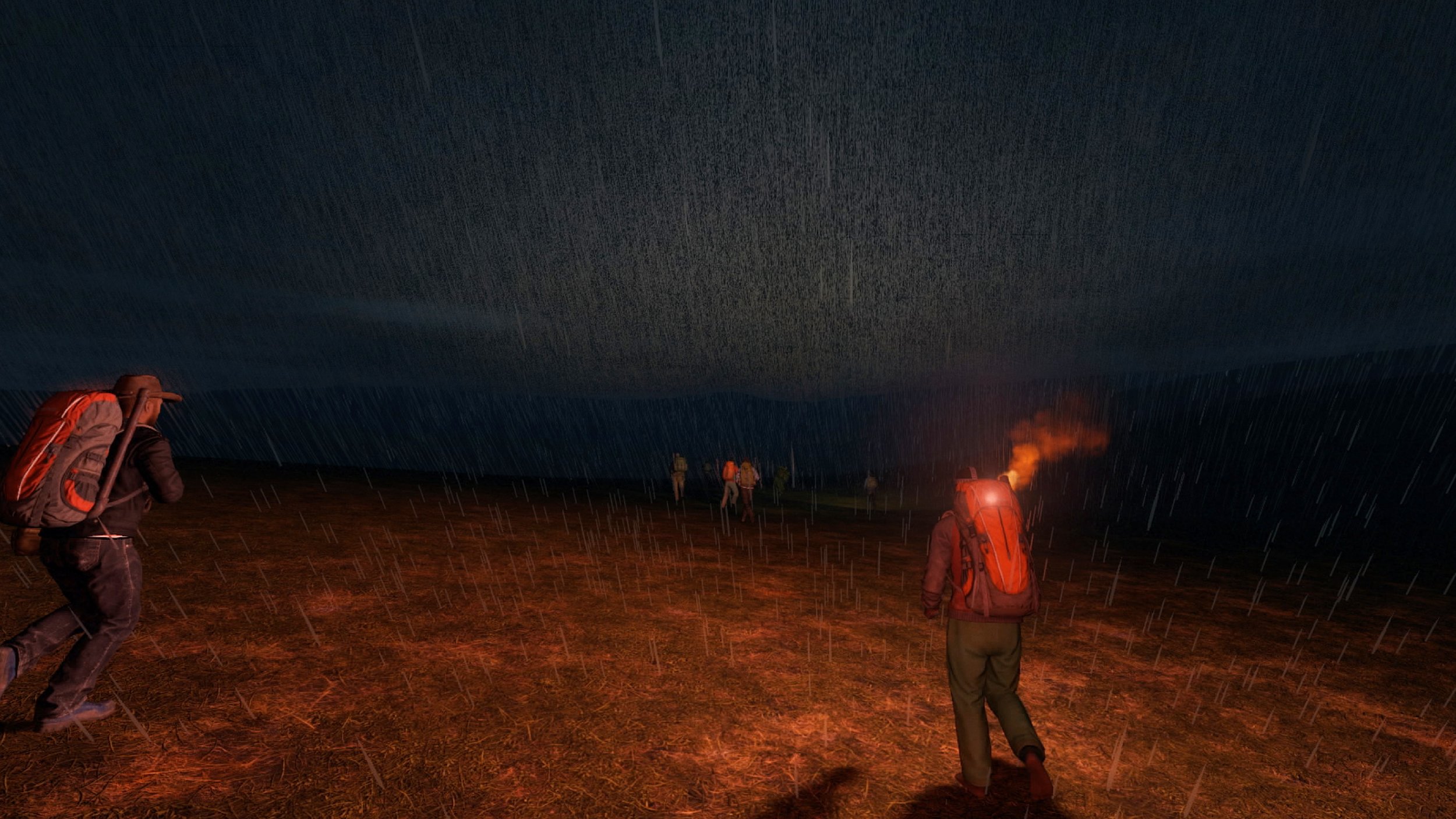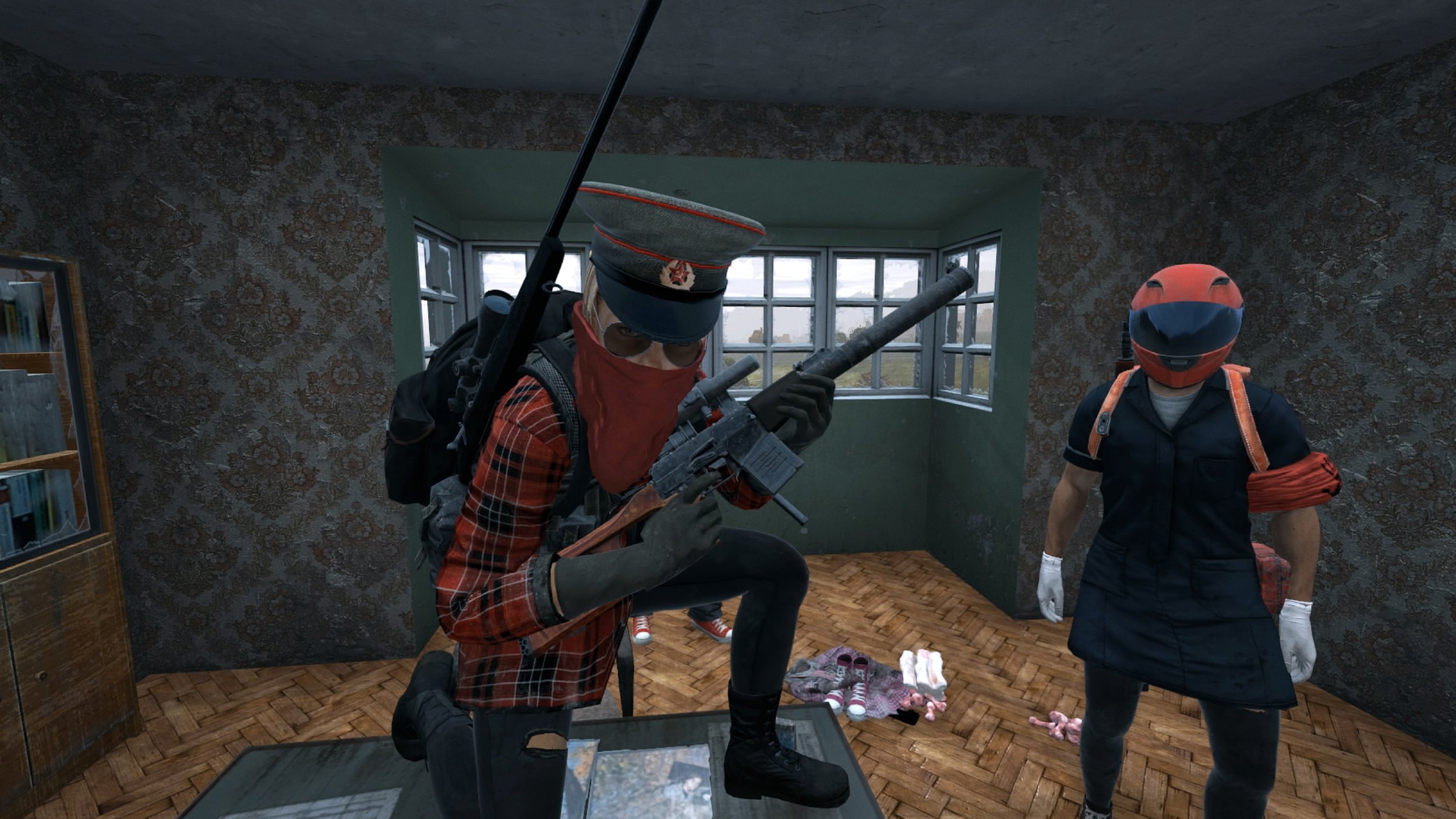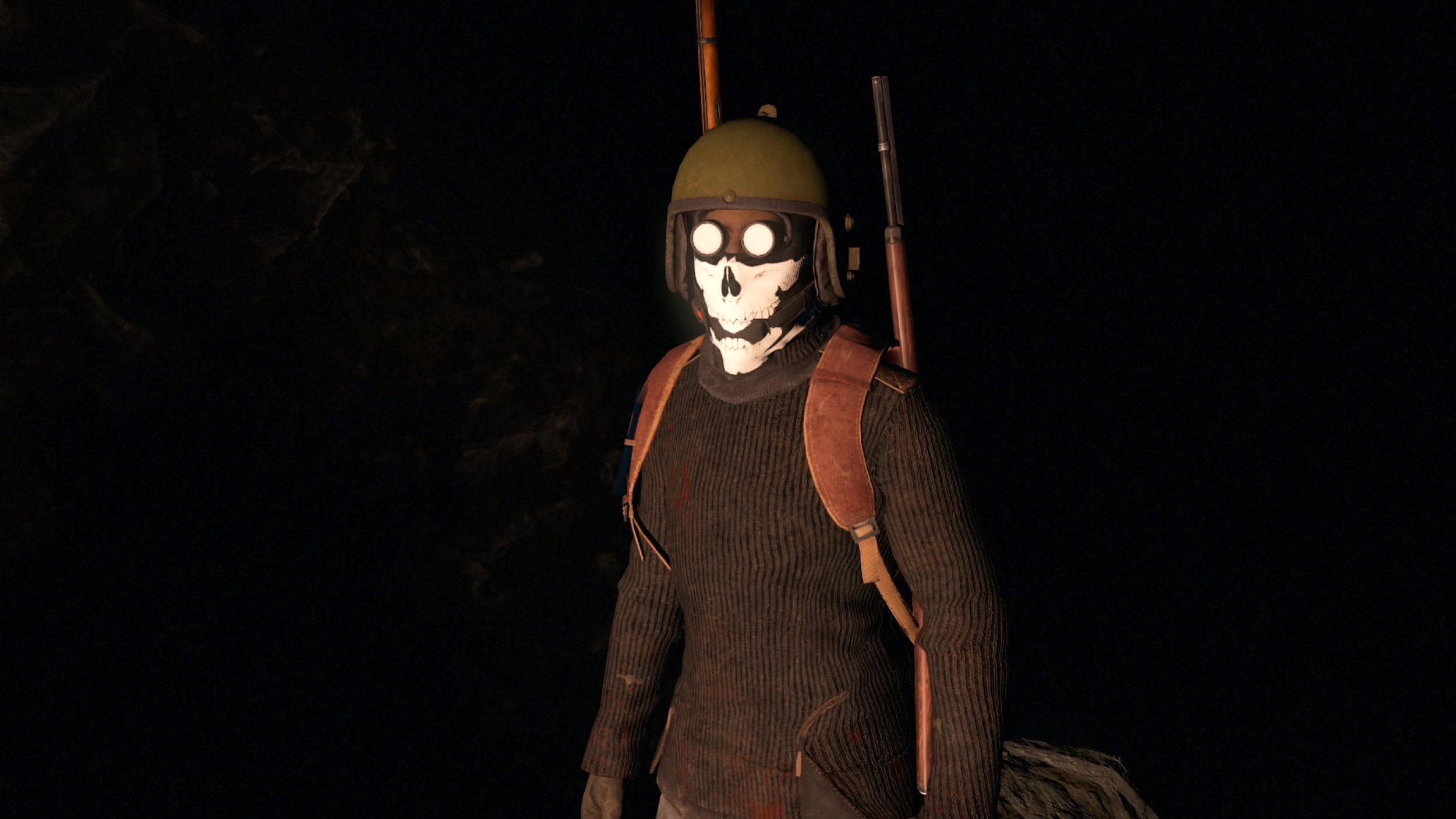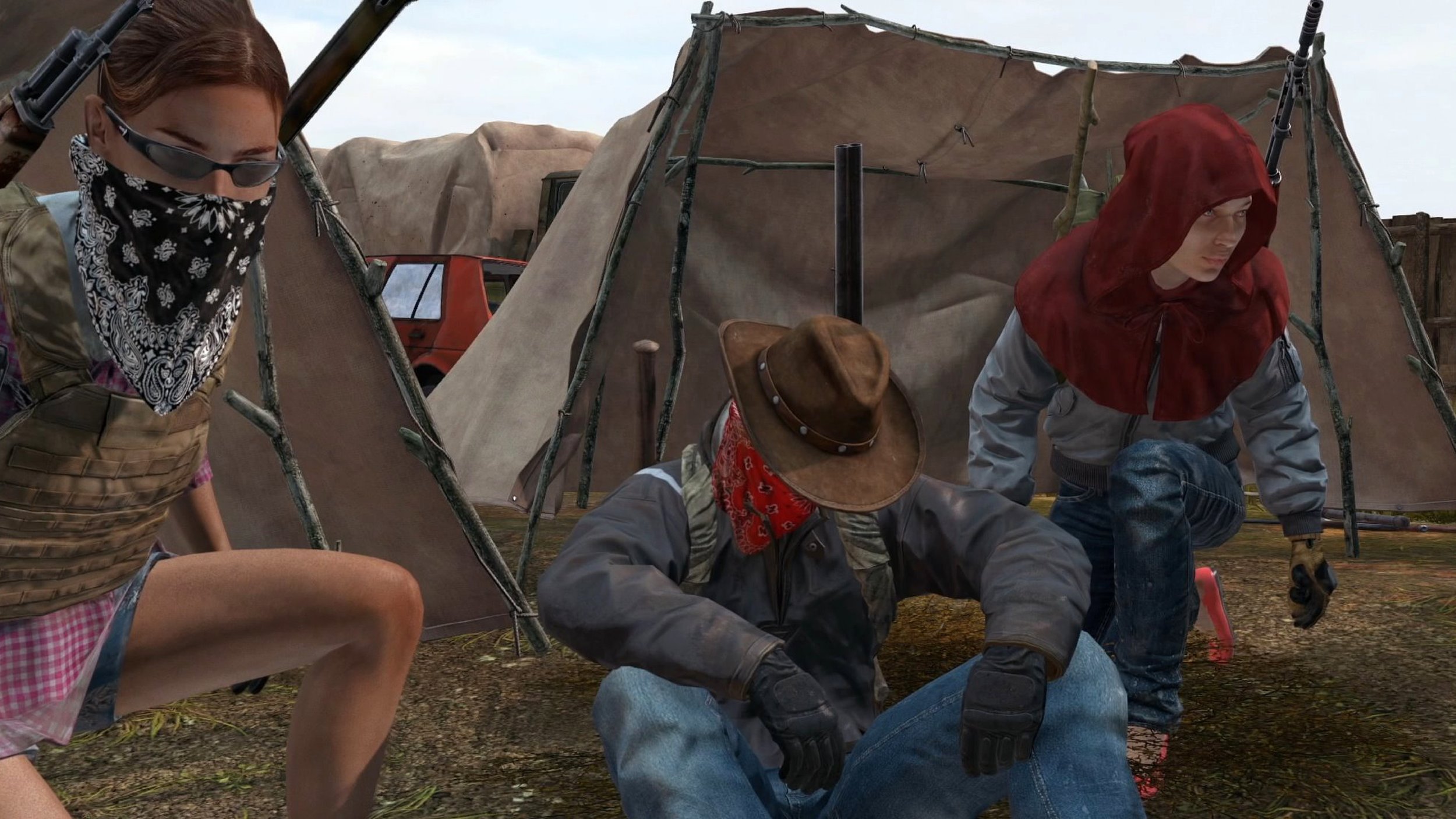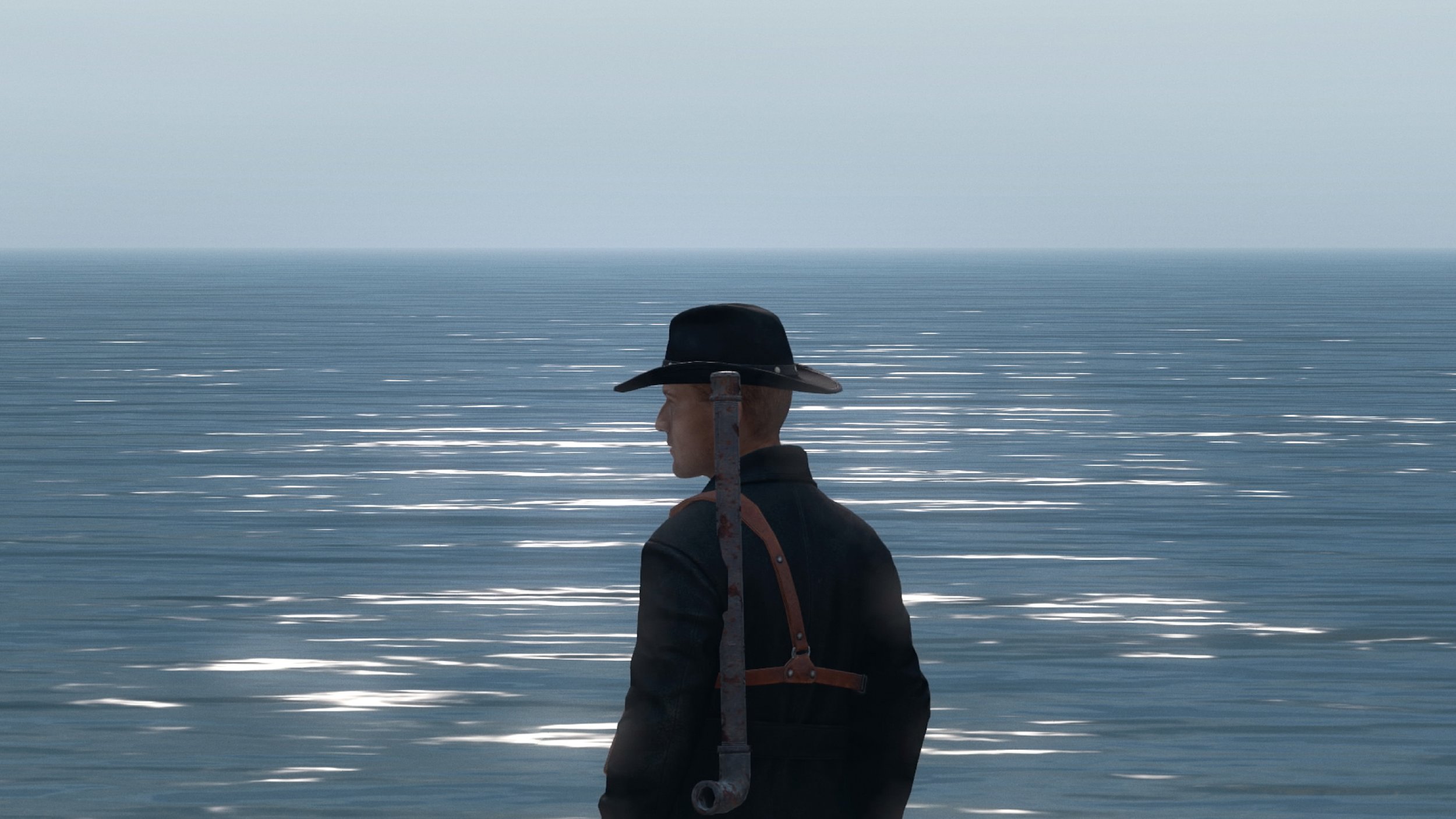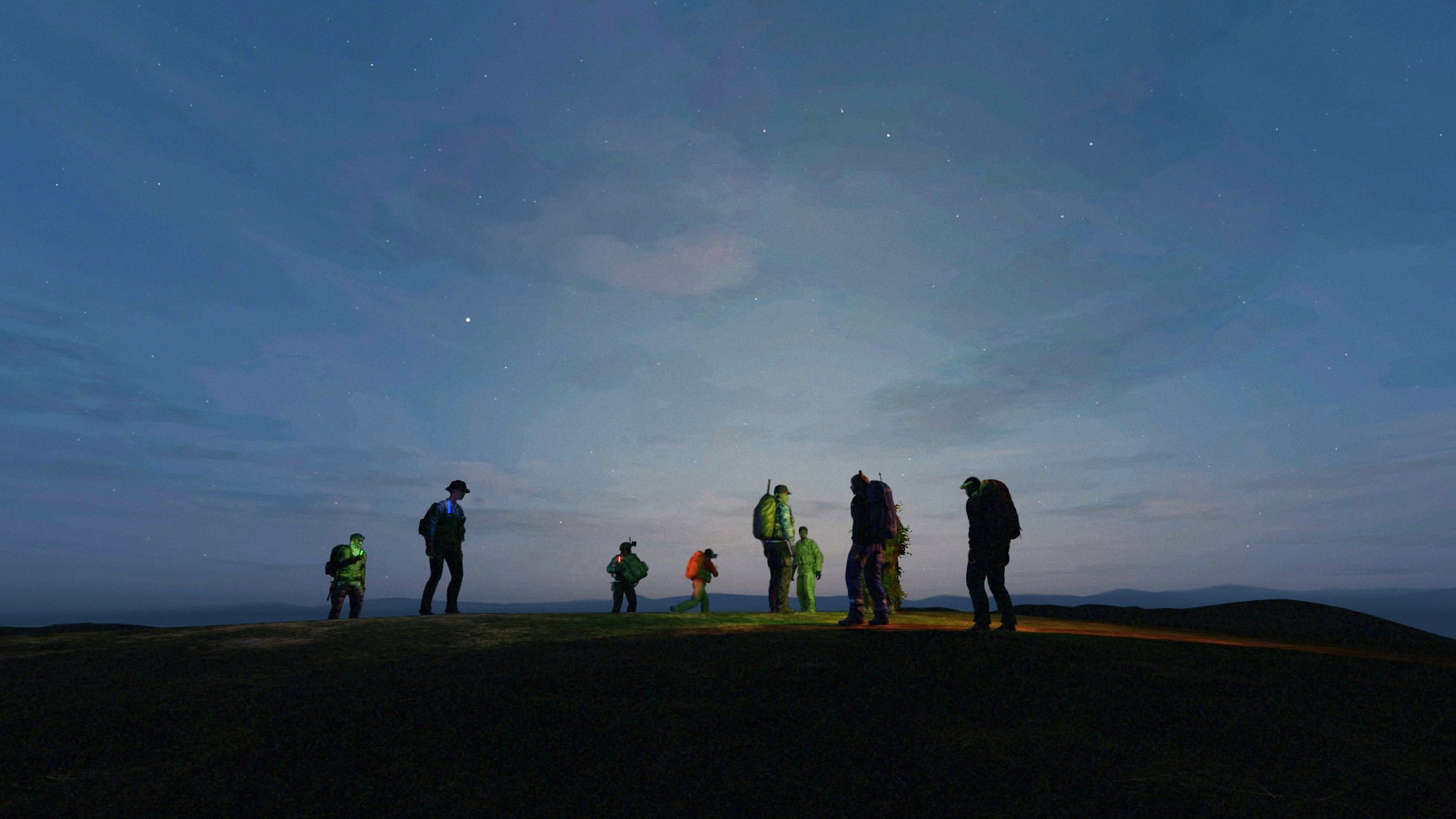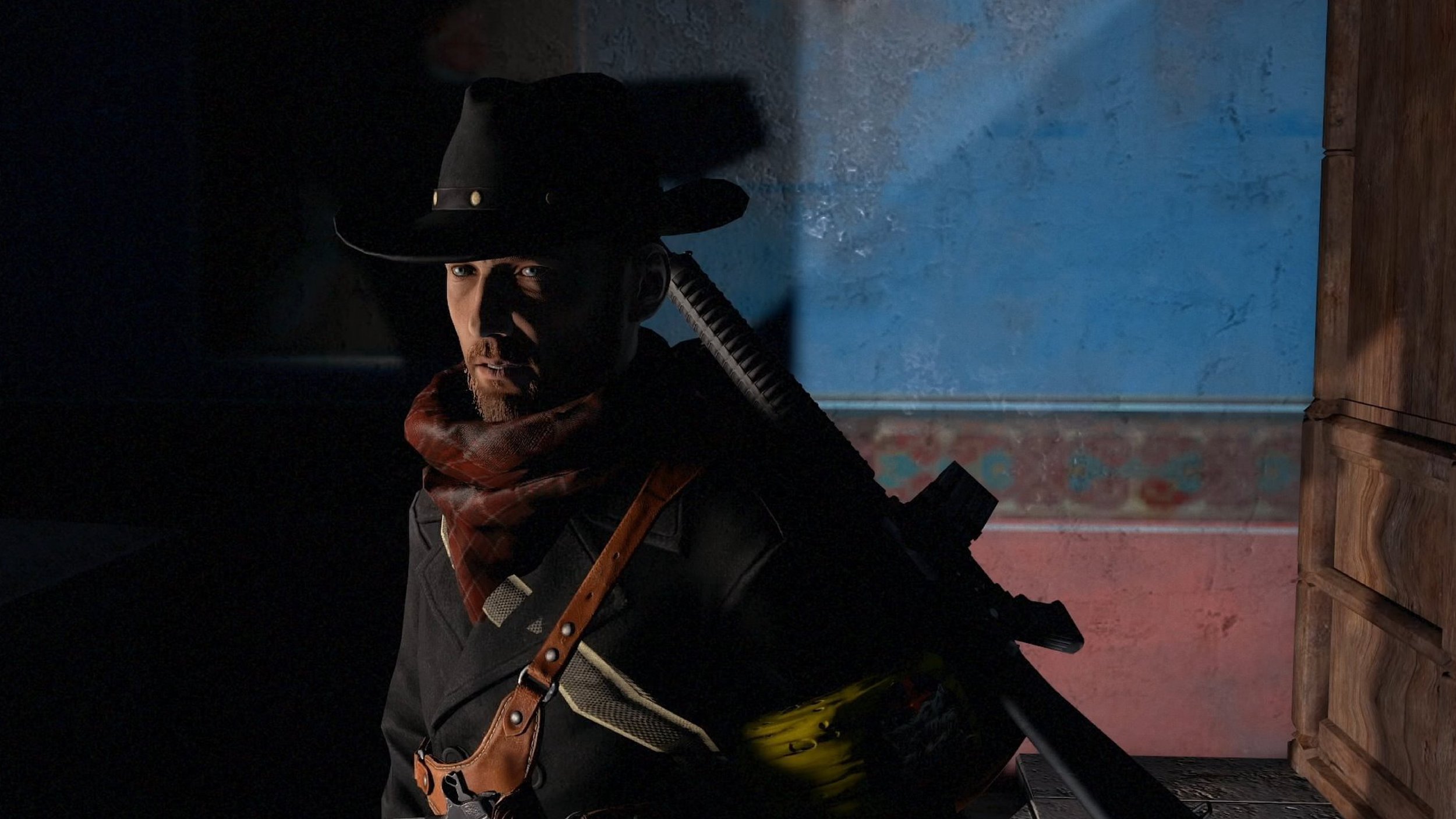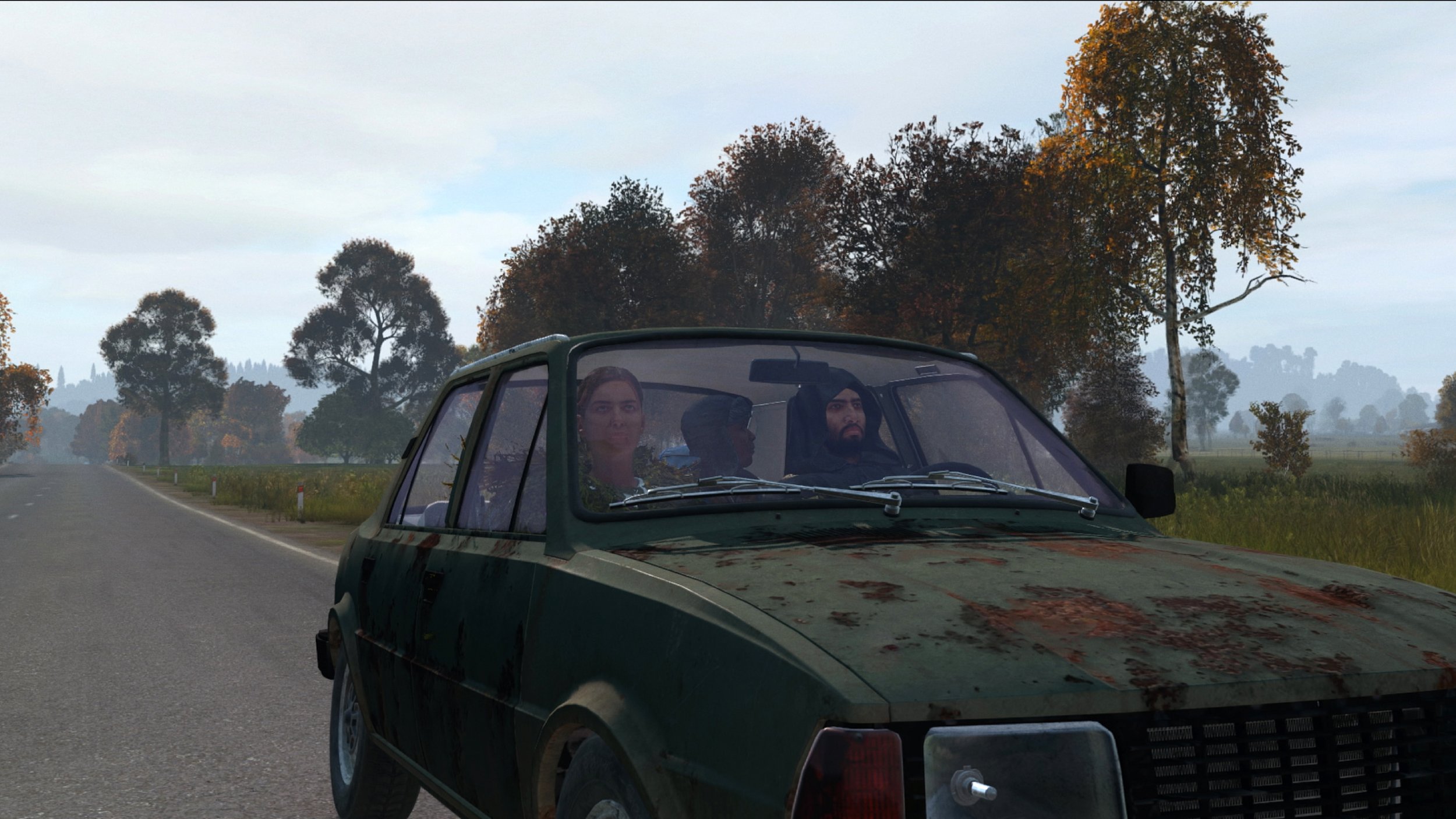The Milan Machinima Festival is thrilled to present the full length documentary Knit’s Island as part of the Game Video Essay program. Join us for a special screening on March 14 2024 at IULM University. In the meantime, enjoy this exclusive clip.
Knit’s Island, a documentary that ventures deep into the virtual yet undeniably real — that is, “emotionally intense, socially impactful, and culturally significant” — ruthless world of DayZ, has emerged as a significant cinematic exploration, receiving critical acclaim for its unique perspective on virtual communities. By blurring the lines between the digital and the tangible, Knit’s Island offers an unparalleled look into the human condition, as reflected in the virtual spaces we inhabit.
For instance, the Jury at Visions du Réel ‘23 eloquently captured the essence of the film, praising it as “a film distinguished by its visceral aesthetic adventure.” Their statement highlights the directors’ ability to transport viewers into a parallel universe that, while virtual and unbound by geography or common law, poignantly addresses the sheer “violence of the present times.” The jury admired how brutality, satirical humour, and a tender sense of community coexist, often within the same frame, offering a multifaceted view of the online world. Likewise, Amber Wilkinson on Eye for Film concluded that “There’s something ultimately quite optimistic and heartwarming about the fact that many people who stepped into this world to chiefly kill things, end up forging friendships instead.”
ScreenDaily’s writer Tara Judah offered insightful commentary, describing Knit’s Island as an “eye-opening exploration of the communities within DayZ”. Judah appreciates the film’s gentle enquiry into the video game world, which “yields fascinating results,” shedding light on the complexity and richness of virtual communities.
Variety’s Lise Pedersen spoke to the film's accessibility and its broad appeal, calling it “an immersive and existential deep dive into the world of gaming.” Pedersen’s remarks emphasize the documentary's capacity to engage not just gamers but all audiences, making the virtual gaming experience relatable and intriguing to a wide viewership.
Business Doc Europe’s Nick Cunningham lauded the film as “a fascinating, original and disconcerting portrait of its inhabitants",” underscoring the documentary's ability to challenge perceptions and present a nuanced portrayal of the virtual community's denizens. Cineuropa’s Muriel Del Don described the filmmakers approach as “an explosive blend of cinema and videogames.”
Giuseppe Di Salvatore of FilmExplorer lauded the “masterful editing work” that bridges the discontinuity typical of long gaming sessions. The review praises how the documentary builds a narrative arc where unknown players become acquaintances and friends, seamlessly blending the simulated and the real until they feel “perfectly melded.”
Through these varied critical perspectives, Knit’s Island is celebrated for its innovative approach to storytelling, its exploration of community and isolation in the digital age, and its reflection on how virtual spaces mirror and amplify the human experience. The documentary stands as a testament to the power of virtual worlds to reveal the complexities of society, community, and individual identity, making it a must-watch for anyone interested in the intersection of technology, culture, and human interaction.
Knit’s Island also made its mark in Asia at the DMZ International Documentary Film Festival in Korea, and in North America at the Camden International Film Festival in the United States, where it competed in the Cinematic Vision competition. Its participation in the 2024 Milan Machinima Festival and the 2024 First Look at the Museum of The Moving Images in New York further signifies its ongoing relevance and the growing interest in films that navigate the complexities of virtual worlds.
Knit’s Island is the kind of film that could inspire a new generation of video game documentarians.
Matteo Bittanti
Works cited
Guilhem Causse, Ekiem Barbier, and Quentin L’helgoualc’h, Knit’s Island, digital video, color, sound, 95”, 2022.
Read more about the 7th edition of the Milan Machinima Festival




